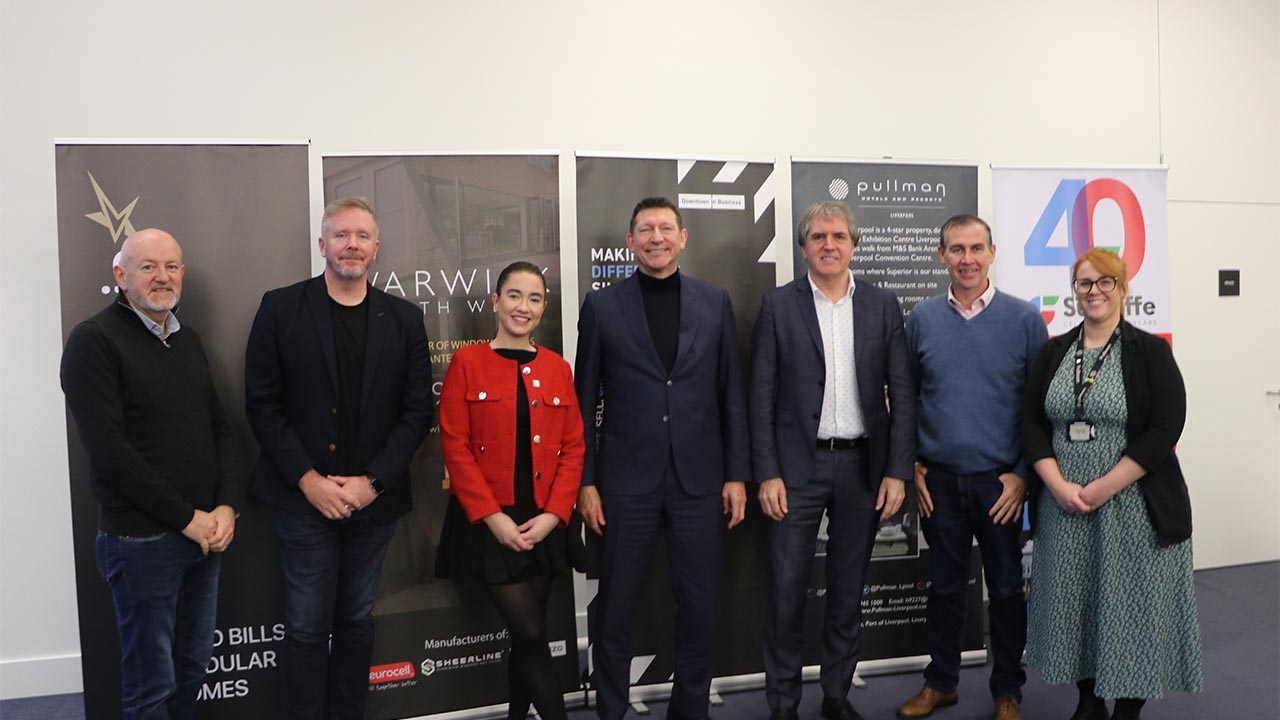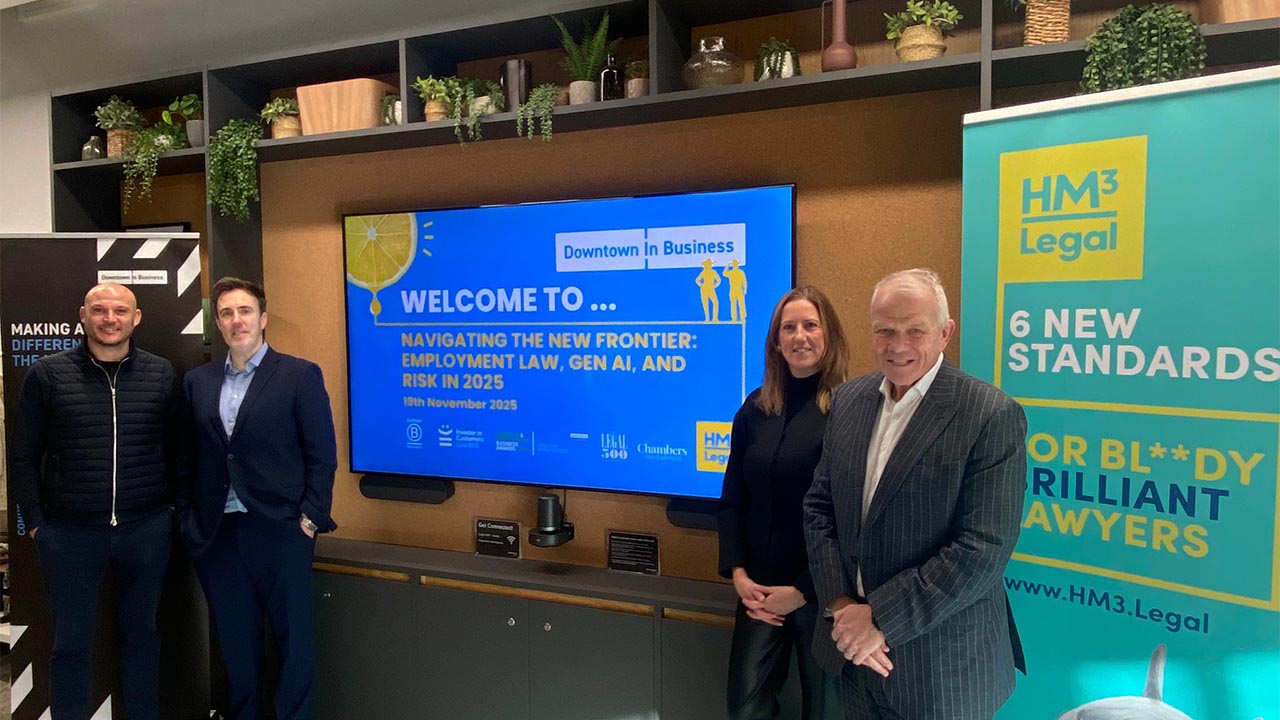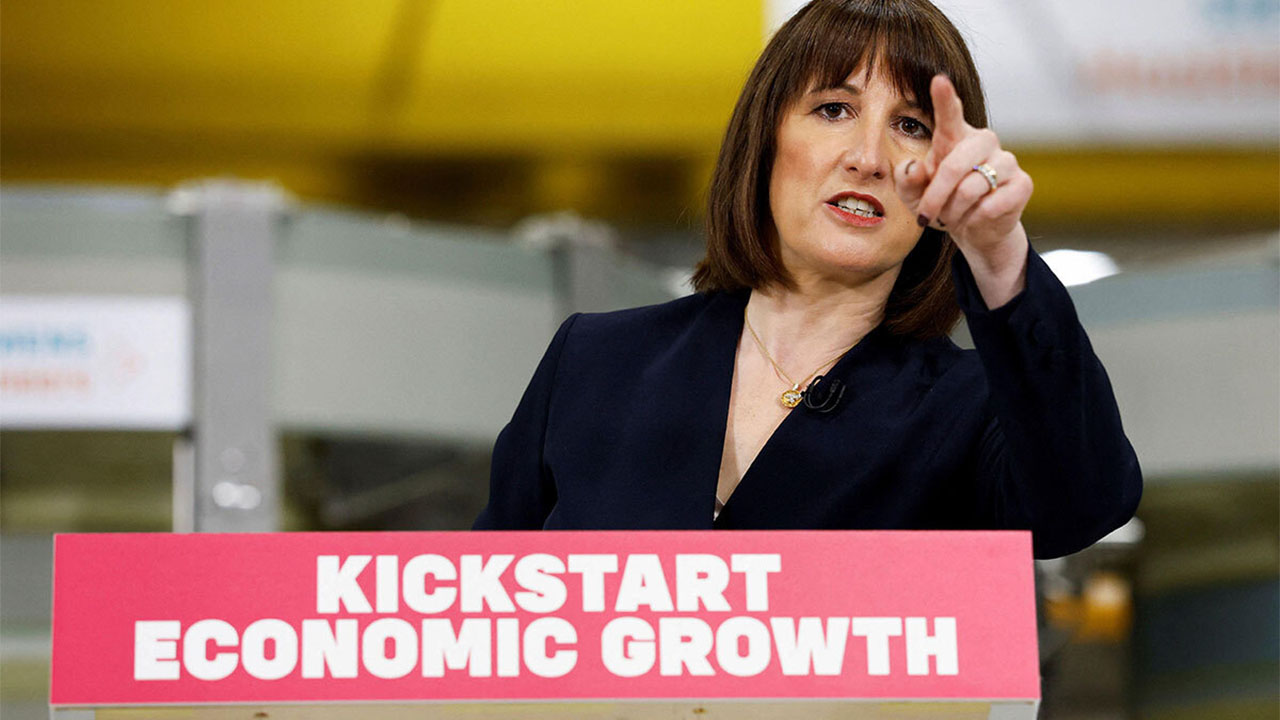Cheshire and Warrington can be the global leader in clean energy production setting a blueprint for how decarbonisation can be linked to regional prosperity across the world, according to the chair of Cheshire and Warrington LEP.
At the Cheshire and Warrington Energy breakfast on the first morning of MIPIM 2019, Christine Gaskell CBE said that the region has the potential to create the world’s first zero carbon industry cluster based around its unique Energy Innovation District (EID) which will transform the effects of energy consumption in the region, across the country and across the world in the next two decades.
She said: “Our very realisable aspiration is to make Cheshire and Warrington a global leader in low and zero carbon technologies and our Energy Innovation District will make that possible. The government has £170m to spend on low carbon industrial clusters and it wants this to happen by 2030 and zero carbon clusters by 2040.
“Industry in Ellesmere Port and Runcorn uses five per cent of the UK’s energy and we believe we have the technology and capability to make it a zero carbon area within 20 years. Imagine the impact that will have on the region and the opportunities it will present for new investors and to export our knowhow and experience across the world.”
Ged Barlow, chair of the Cheshire Energy Hub, also one of the panellists at the event, told the audience that plans were already moving at pace: “We are determined to deliver this quickly because the EID is an opportunity to deliver a new energy system for Cheshire and Warrington and the wider North West and reduce energy costs by up to 50 per cent, generate £7bn of private capital investment, create more than 33,000 full time jobs and give Cheshire and Warrington the opportunity to showcase ourselves as tech leaders.
“We have the holy trinity of investment propositions, demonstrable government support, a great depth of expertise to deliver on the ambition and a public sector working hand in hand with the private sector.”
Mr Barlow, who is also a Cheshire and Warrington LEP board member, added that since the announcement of the ambition to create the EID last year, £200k of funding had been secured from Innovate UK to prove the concept.
He said: “The feasibility study is a significant step forward and with government putting money in, they can see that this project has momentum and has potential to have a huge impact. The study will help us create the outline business case and unlock further significant funding from the Industrial Strategy Challenge Fund and Innovate UK, as well as help leverage private sector investment. In the last 12 months we have seen an uplift in enquiries and the scheme is very much on the investment map now.”
Members of the EID already include Tata, Essar Oil, Peel Environmental, EA Technology, SP Energy Networks and Urenco.
Earlier this month, Peel Environmental revealed that their plans for a huge renewable energy facility had taken a big step forward having signed a deal with Progressive Energy to work on the UK’s first commercial scale bio-substitute natural gas (BioSNG) plant, on the back of which, an development application had been submitted.
The facility will generate renewable gas from up to 175,000 tonnes of bio-resources, including unrecyclable wood and refuse-derived fuel to be used in the transport sector, generating enough gas to power up to 1,000 low carbon HGVs and buses every year.
More than 500 jobs would be created during the construction phase, as well as 35 full-time and it represents an investment of £150m.
Mike O’Connor, partner and head of Manchester Office, Addleshaw Goddard, who sponsored the event, said: “The news that Peel is already bringing forward exciting plans for the area alongside strong membership of the EID will mean an upsurge in investment interest in the coming months. There is a real desire and opportunity to create something truly transformational for Cheshire and Warrington and the North West.”
Andy Pexton, North West Industrial Head, Avison Young, said: “The lack of easily available clean energy is becoming more and more of an issue for industrial industries, and we need to address this and ensure we’re adding value by proving defensible energy sources and helping companies ensure they’ve got the clean energy provision they need in place to secure sustainable growth.
“There is huge potential here, energy needs are changing and future proofing is vital. This is an area that is evolving incredibly rapidly and we need fundamentals such as labour force in place to enable us to deliver sustainable clean energy sources.”









